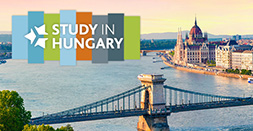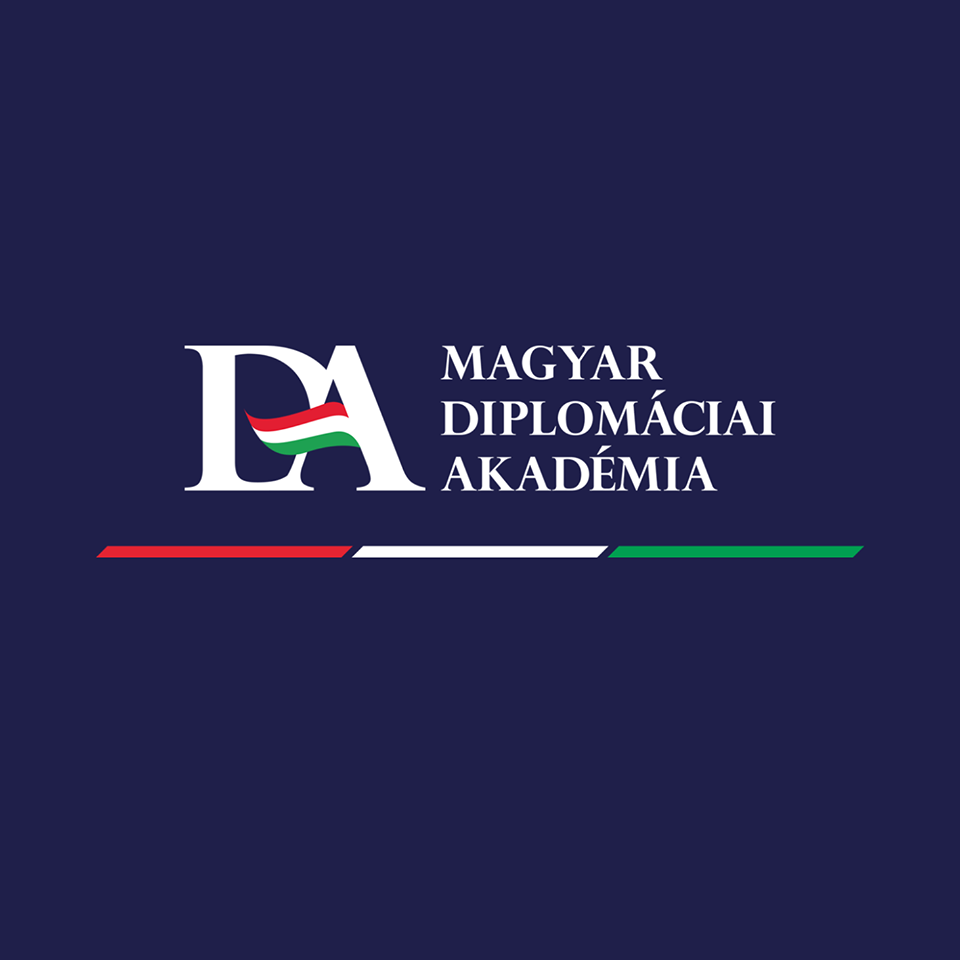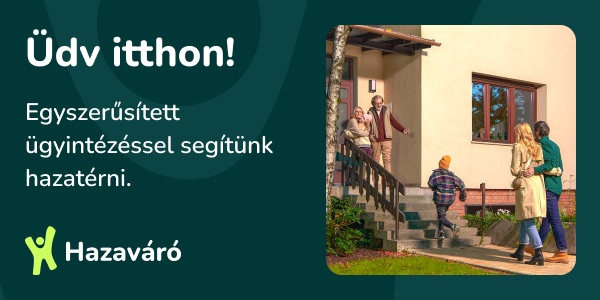On 6 and 7 February, the Neo-Calvinism Research Institute and the Department of Dutch Studies of the Eötvös Loránd University Budapest (ELTE) organized, with support from the Embassy of Hungary in The Hague, the conference “The Children Trains and Beyond – Cultural, religious and political contacts between Hungary and the Low Countries in the Interwar Period”.
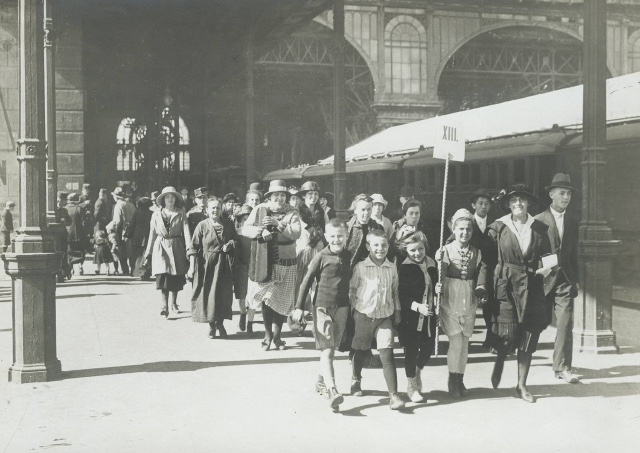
During the interwar period, intensive cultural, religious, political and personal contacts existed between Hungary, The Netherlands and Belgium. Many of these contacts can be traced back to humanitarian actions after the First World War, especially the so-called children trains. Between 1920 and 1930 60.000 Hungarian children traveled to countries like the Netherlands and Belgium to recover from the devastation left behind by the First World War. These visits were aimed to be temporary, but many children stayed for a longer period or even for good.
The conference was a centenary commemoration where recent research results on this theme were presented and personal experiences were shared. 20 international speakers and over 80 participants attended the two-day conference that took place in Kampen.
The conference was officially opened by Mr. Roel Kuiper, President of the Theological University Kampen, followed by the Hungarian Ambassador in the Netherlands András Kocsis and the Dutch Ambassador in Hungary René van Hell. The city of Kampen was represented by vice-mayor van der Sluis.
In his words of welcome Ambassador Kocsis was grateful for the organisation of the conference and praised the cooperation between the many institutions involved, among others the three Hungarian universities with Dutch studies. The Ambassador commemorated the 100 years of diplomatic relations between the Netherlands and Hungary that were established in December 1919, shortly before the first children train. He underlined the importance of both the political and the people to people contacts that have developed ever since, also mentioning the strong twin-city cooperation between many Hungarian and Dutch cities.
The conference theme was introduced by George Harinck, professor at the Theological University Kampen and one of the initiators of the conference, giving the general context. This was followed by various academic presentations from the numerous speakers that were present about the historical, religious and social context of the humanitarian actions and the relations between church and politics and church and society in the interwar period. The list of presentations was completed by speeches about the cultural productions of the children trains, such as the linguistic results and literature references, presented by the representatives of the Hungarian universities, among others by Ms. Orsolya Réthelyi, one of the other initiators and driving force behind the conference.
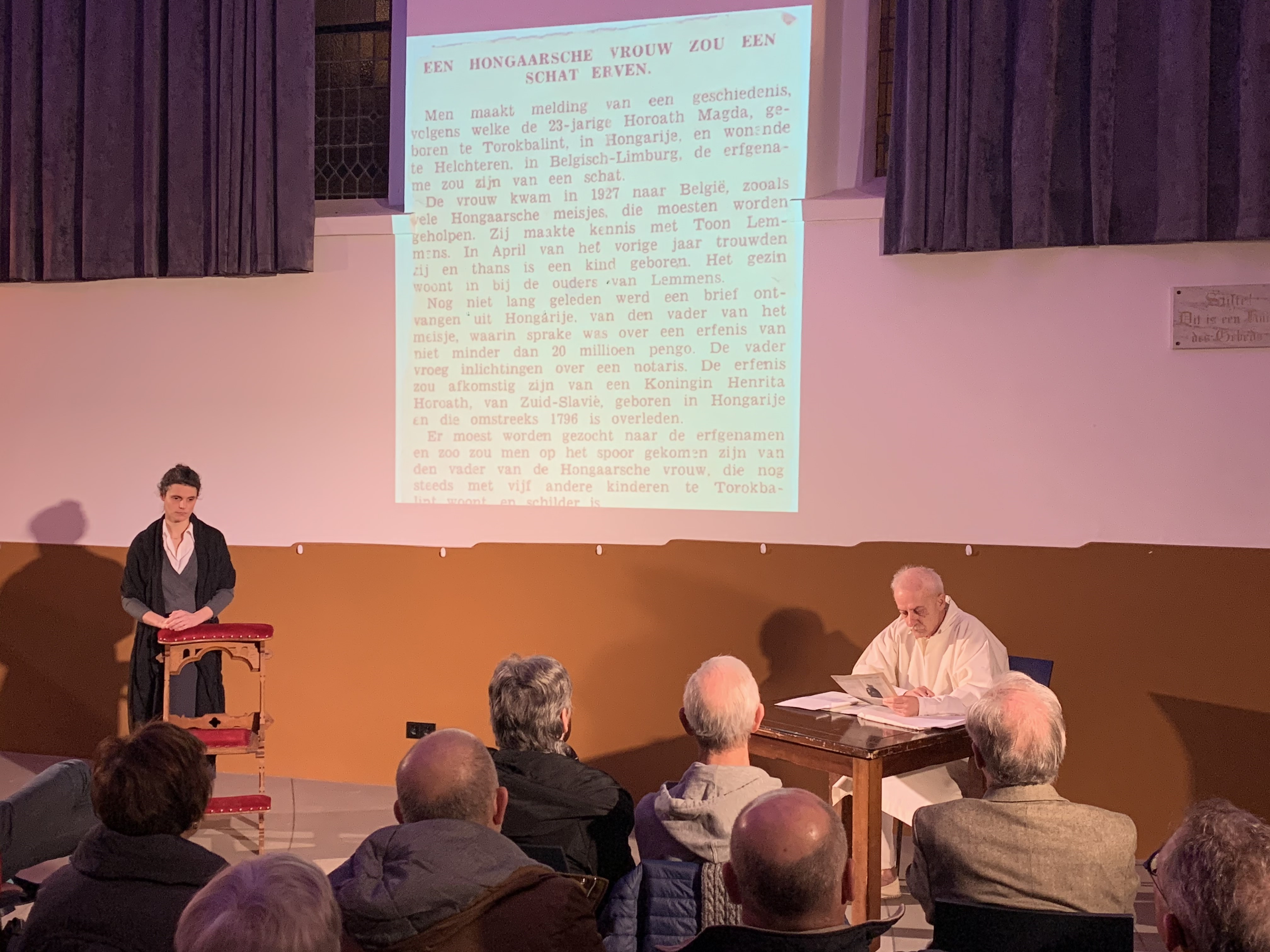
A theatrical performance, a movie and a round-table discussion with family members of those affected by the children trains completed the full two-day programme about a topic that is still so important to many.
Following the conference, the commemoration of the centenary of the children trains will continue on 11 February with a presentation to be held in Budapest of the Hungarian version of the book presented in the conference: “De Hongaarse kindertreinen. Een levende brug tussen Hongarije en Nederland en België na de Eerste Wereldoorlog”. Two exhibitions will be organised in Hungary during the year presenting subjects and documents remembering the children trains. Moreover, at 12.00 a.m on 16 May there will be a special children trains concert at the Amersfoort Jazz Festival where Hungary will be the focus country.
RTV Oost made a news item about the conference, which can be viewed here.
Photos: Lyanne de Haan - Wilts

